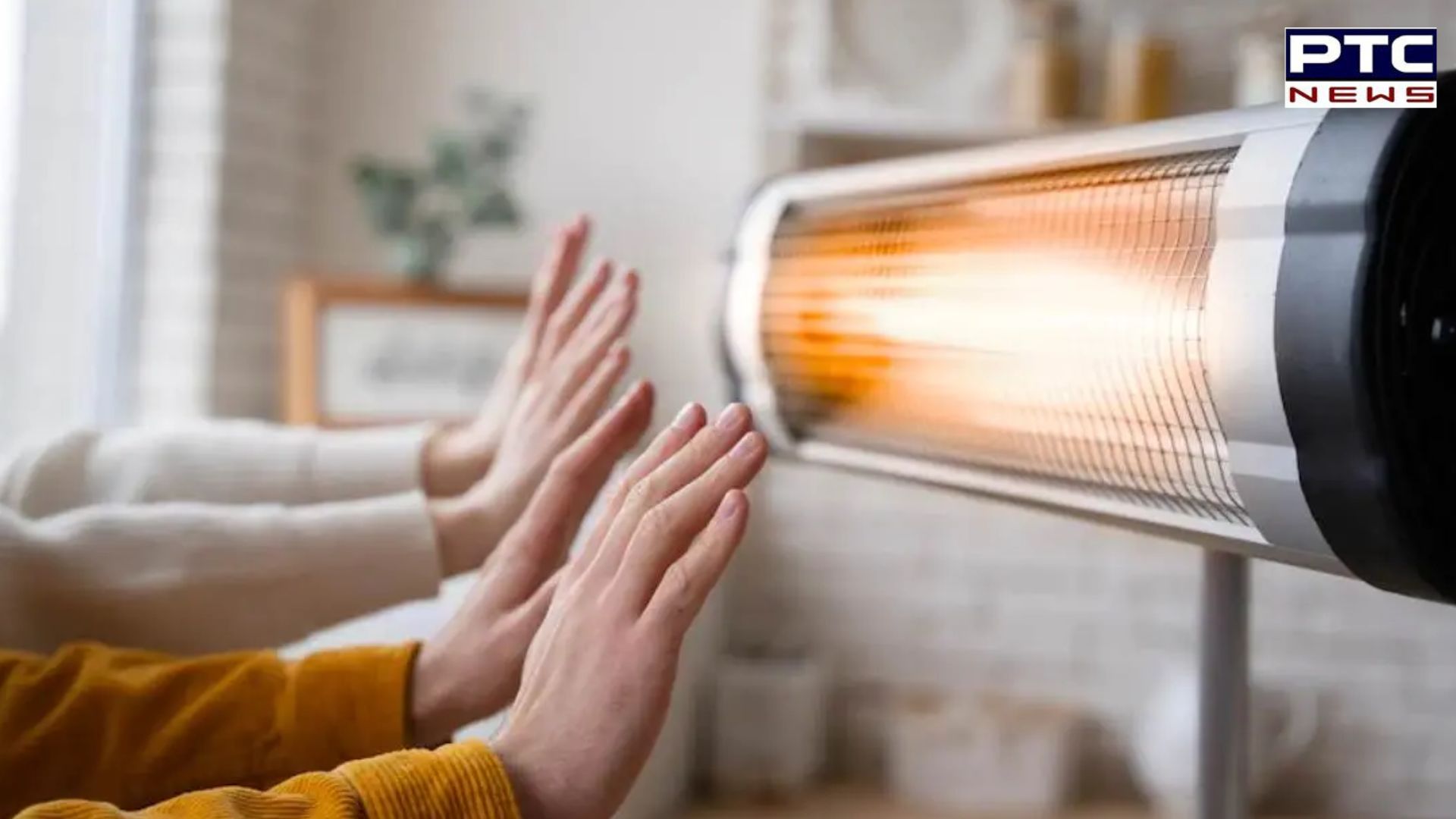
Cold wave in India: A guide to effectively using room heaters for safe winter
Cold wave in India: Severe cold weather continues to grip many parts of India, with maximum temperatures in Punjab, Chandigarh, Haryana and other parts of North India falling below normal.
As winter arrives and the cold wave intensifies, health officials are highlighting a sudden increase in viral infections, influenza, and COVID-19 cases.
According to experts, declining temperatures cause increased moisture in the air, low wind speed, and an increase in pollution, all of which contribute to various infections.
Because of the falling temperature, there is fog, which, when combined with pollution, creates smog. This atmospheric condition can cause various types of infections, and many people are having difficulty breathing.
The rise in cases is not limited to COVID-19; other infections, such as swine flu, influenza, and H1N1, have also increased. Hospitals are seeing an increase in patients with symptoms such as cough, cold, fever, breathing issues, low oxygen levels, and pneumonia complaints.
Staying inside whenever possible and covering the body adequately in cold weather, particularly the head and legs. Consuming nutritious, hot food, staying clean, and wearing masks when going outside are all important precautions.
Wearing a mask whenever you leave the house is crucial as it will protect you from many viral infections as well as pollution.
Also Read | Weather update: Orange alert issued in these districts of Punjab, check details
Many people use room heaters to cope with low temperatures. To be honest, while room heaters can make everything more comfortable and warm, they are also hazardous to your health.
Room heaters can cause dry skin and amplify allergy symptoms. Furthermore, sleeping with the room heater on can result in elevated carbon monoxide levels, which can be fatal.
Also Read | Fog fallout : Delhi cops killed in horrific road accident in Sonipat
Many of us use portable heaters as an alternative to central heating technology, but they can cause serious fires if not used safely.
Firefighters and safety managers from Electrical Safety First, the UK's electrical safety experts, recommend placing your heater on a flat surface to prevent it from falling over.
The heater should be at least 3 feet (1 metre) away from anything. You should not let it lean against curtains, clothes, blankets, or chairs.
The heat from room heaters can dry out the air, resulting in dry skin, eyes, and throat. This dryness can exacerbate respiratory problems, causing nasal congestion and making people more vulnerable to infections. It is critical to keep the humidity levels in the room and hydrate properly.
Also Read | Himachal Pradesh freezes: Sissu Lake transforms into frozen wonderland, watch visuals
Faulty or improperly maintained room heaters, particularly those that use fuel, can emit carbon monoxide, a silent killer. Inhaling this odourless and colourless gas can cause headaches, dizziness, and nausea, and in extreme cases, it can be fatal. When using fuel-powered heaters, always make sure to provide adequate ventilation.
Room heaters can spread dust and other allergens, exacerbating allergies and causing asthma attacks. Regular cleaning and maintenance of the heater can reduce allergen circulation, resulting in a healthier environment.
Also Read | 10 Risks of Excessive Room Heater Use
-
